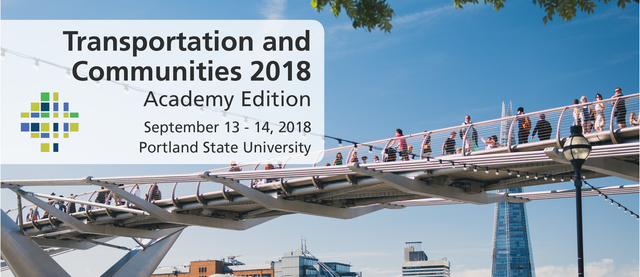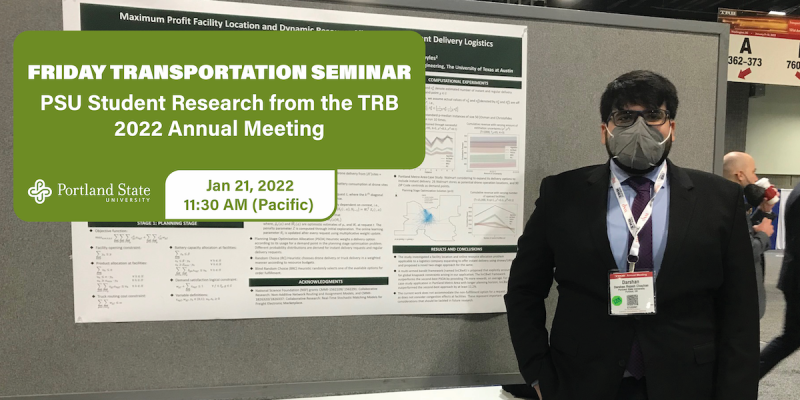The video begins at 3:49.
In honor of our 10-year anniversary, we’re trying something a little different. Instead of brief sessions that introduce you to a topic– we will be offering fifteen half-day workshops that focus on skill building and providing the tools to apply the latest research to practice. These will be hands-on, immersive learning experiences in a small classroom setting.
REGISTRATION
This event is a la carte, and pricing is per workshop. You may attend as few as one, or as many as four workshops.
- Half-Day Workshop (general admission): $95
- Half-Day Workshop (student rate): $50
THE PROGRAM
⇨SEE THE FULL SCHEDULE AND DETAILS
- Survey Design: Asking the Right Questions
- Bicycle/Pedestrian Focused Signal Timing Strategies: What, When, Where, Why, and How?
- Activating Community Opportunities Using Transportation Organizations as Assets
- Cost Accounting for Program and Budget Planning Today and Tomorrow
- Data Analysis for Smarties Who Forgot What They Learned in College
- What’s New in the HCM 6th Edition?
- Ecological Momentary Assessment Methods with Transportation Disadvantaged Populations
- Calculating...
Friday Transportation Seminars at Portland State University have been a tradition since 2000. You can join us online at 11:30 AM. All presentations are recorded and shared on the event page afterwards.
PRESENTATION ARCHIVE
THE TOPIC
Join us for a two-part seminar diving into research that was presented by Portland State University students at the annual meeting of the Transportation Research Board (TRB) in January 2022.
FIRST PRESENTATION
Drone Facility Location Considering Coverage Reliability: Application to Emergency Medical Scenarios
Darshan Chauhan, Civil & Environmental Engineering
The video begins at 0:48.
View slides
Speaker: Darwin Moosavi, MURP, Portland State University
Topic: Capturing the Ride: Exploring Low-Density Flexible Transit Alternatives in Salem-Keizer
Summary: Current fixed-route transit service provided by Salem-Keizer Transit is inefficient in the low-density neighborhoods of West Salem, South Salem, and Keizer. The lack of sidewalks, non-gridded circuitous streets, and large single-family residential lots all contribute to a lack of ridership. As a result, traditional fixed-route transit service is not cost-effective in these areas. Through a five month planning process, a group of Portland State University graduate students, better known as Paradigm Planning, tackled the task of addressing this problem in each of the three study areas. Paradigm’s planning process explored mode and route options in order to produce a plan that provides innovative and feasible alternatives to current transit service that will better meet the needs of the community. Through an intensive community engagement process, the residents in each neighborhood were given a voice in shaping the future of transit in their neighborhood.
Bio: Darwin Moosavi is a Master in Urban & Regional Planning candidate at Portland State University and Project...
Read moreSteve Szigethy and Jamison Kelleher, a team of graduate students in PSU's Master of Urban and Regional Planning program, will present their Planning Workshop project entitled "Imagine 82nd." The project engaged residents, businesses, property owners and students along NE 82nd Avenue in Portland to develop a comprehensive vision for the future of the corridor. Imagine 82nd deals with the portion of 82nd Avenue between the Banfield Expressway and NE Sandy Boulevard, 1.3 miles in length. This particular stretch is home to many retail and service businesses that typify the rest of 82nd Avenue, but it also includes Madison High School, a major corporate headquarters, and a 20-acre vacant brownfield site. At this seminar, Steve Szigethy and Jamison Kelleher will present the vision concepts they developed with the community, with particular emphasis on transportation and land use components.
The video begins at 5:54.


